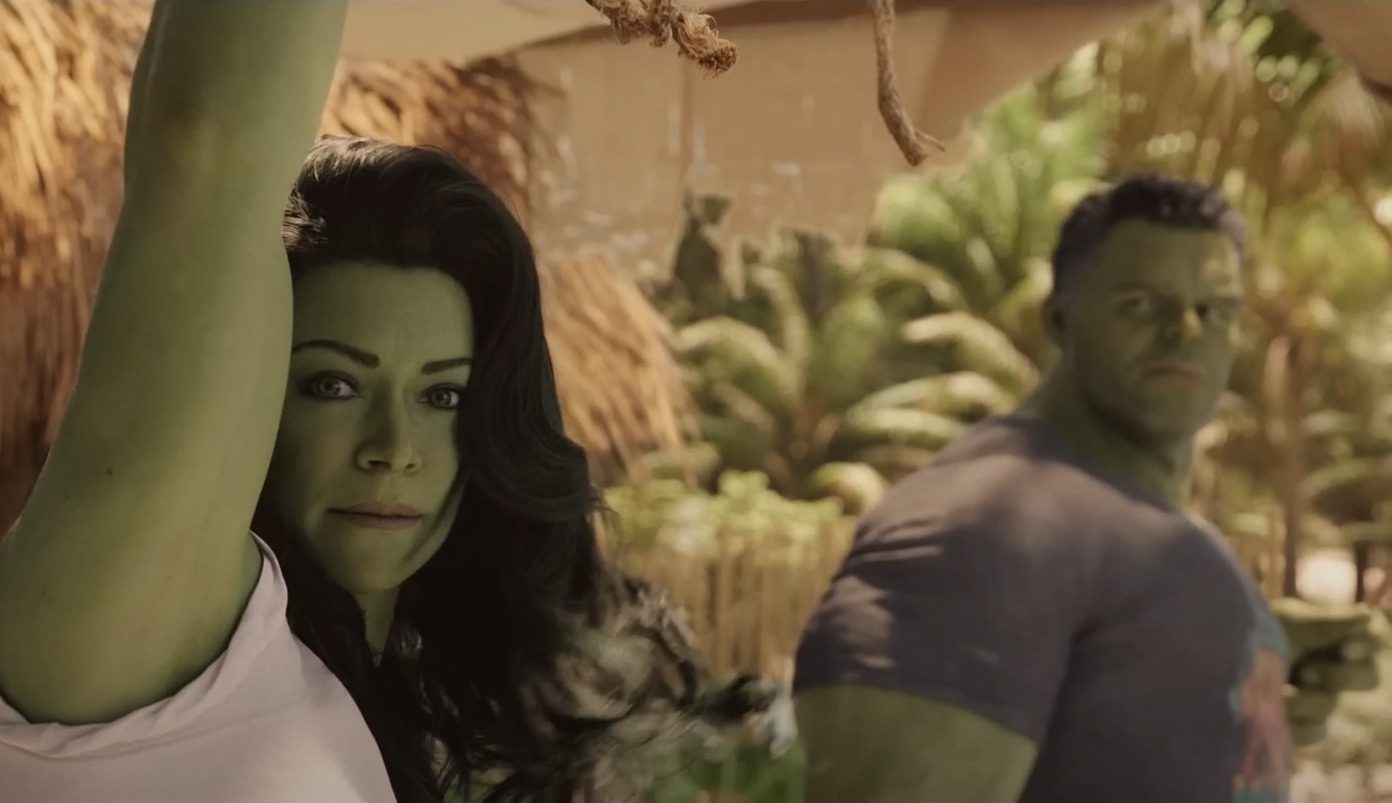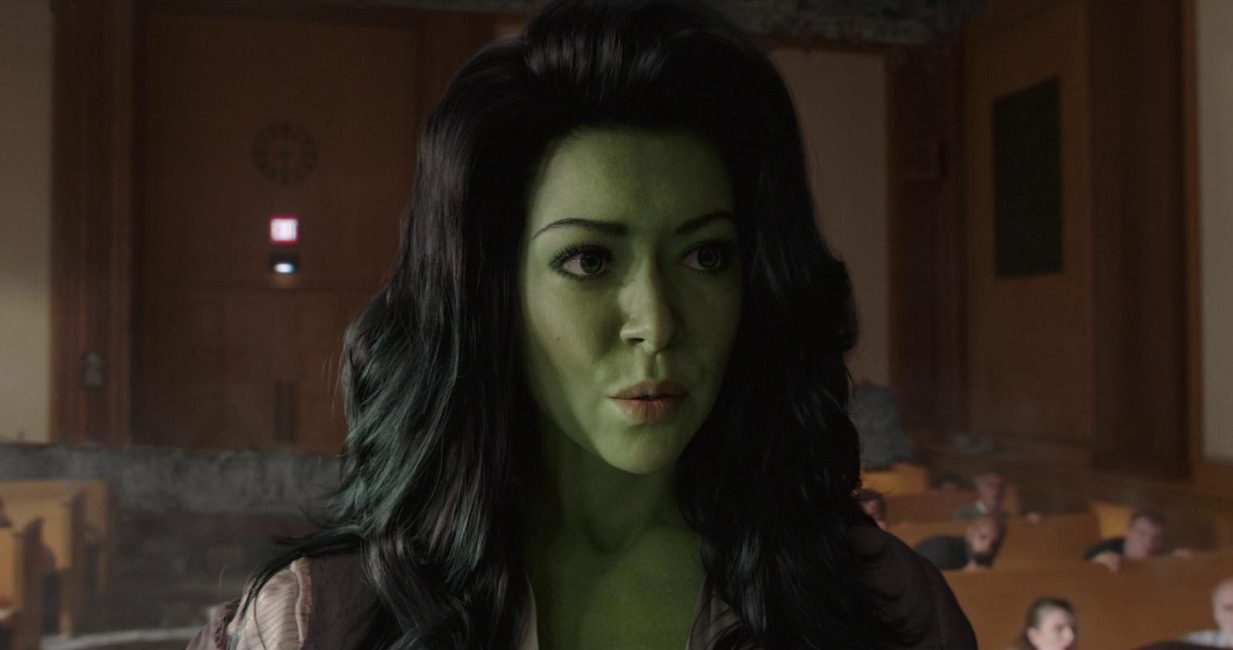She-Hulk’s per episode budget is quite huge, with just three episodes, it’s already a lot more than the Deadpool movie. The MCU shows match the level of movies because they have quite a high budget as well. The MCU was never a low-budget franchise; even the production of the first Iron Man film cost $140 million. To be honest, Tony Stark’s first film brought in $585 million globally, which gave Marvel Studios the impression that investing heavily in their blockbusters would ultimately result in even greater profits.
Every single MCU film has a budget of $100 million or more, with some recent examples even exceeding $200 million. It’s difficult to argue that the massive sums of money that Marvel Studios and parent company Disney are investing isn’t worth it in the long term when each MCU movie lately seems to reach or cross the billion-dollar level worldwide. The MCU has a reputation for dependably high quality and eye-catching visuals, and Disney+ has not been disappointed in this regard until the release of the She-Hulk show.
She-Hulk Per Episode Budget
While not officially confirmed, our sources from Marvel informed us that the She-Hulk show’s budget per episode is around 25 million dollars. And considering that it has a total of 9 episodes, the overall budget of the show goes around 225 million dollars. With three episodes, the show has spent more money than the entire budget of the first Deadpool movie (56 million dollars). Also, for Game of Thrones Season 8 per episode budget was around 15 million, per-episode budget for Stranger Things Season 4 was 30 million dollars.
I’m comparing She-Hulk’s budget to these shows and movies because even though the latter spent so much money on them, they delivered on them. Even the first Avengers film had a budget of 220 million dollars. And after considering all of this, a thought comes to mind from a business and quality content perspective: Is MCU putting its money in the right direction? Since MCU is experimenting with different things, we can cut them some slack.

But even with this big budget, the CGI of the show is not up to the mark. Fans all over the world are pointing out and complaining about She-Hulk’s CGI. We do not know whom to blame for this, because recently we got to know that Marvel was overworking their VFX department and this team wasn’t happy with MCU. Also earlier this year we also learned that the writer of She-Hulk, Jessica Gao, was told to cut down on She-Hulk’s CGI scene due to budget issues (more on this later). And because of all these reports, fans are wondering and questioning exactly where the budget is going. I mean fans don’t want to see She-Hulk twerk, they want a better story.
This 25 Million dollars per episode budget is not just set for She-Hulk but also for the other MCU Disney Plus shows. In a 2019 report (it’s not confirmed) it was said that Disney decided that they would give up to 25 million dollars for each episode of an MCU show. Considering this shows like Falcon and the Winter Soldier and Loki ran for six episodes, their overall cost would be $150 million, and WandaVision, with nine episodes, would have cost $225 million.

She-Hulk Writer On Cutting Down On CGI Scenes
Gao explains her responsibilities as the show’s chief writer for the CGI in a recent interview, saying that she frequently received requests to cut scenes with a lot of special effects in order to save production expenses. Gao explains that she was regularly asked to replace She-Hulk with Jen or cut She-Hulk scenes entirely as the show entered production and financial issues were resolved. Gao’s comments do point to a potential issue with MCU series more broadly in that it is difficult to adapt superhero stories for the small screen on a TV budget.
Although initial reactions to She-Hulk’s CGI were mostly negative, the latest versions that we saw in the show are less constricted and have eased many fan concerns well about the show’s visual effects. Gao’s remarks coincided with an increasing public awareness of the MCU’s irregular visual effects workflow, which has drawn criticism from those in the field for involving demanding working conditions, quick turnaround times, and change orders.
Also Raed: 10 Reasons To Watch Marvel Movies: Why Marvel Movies Are So Awesome





